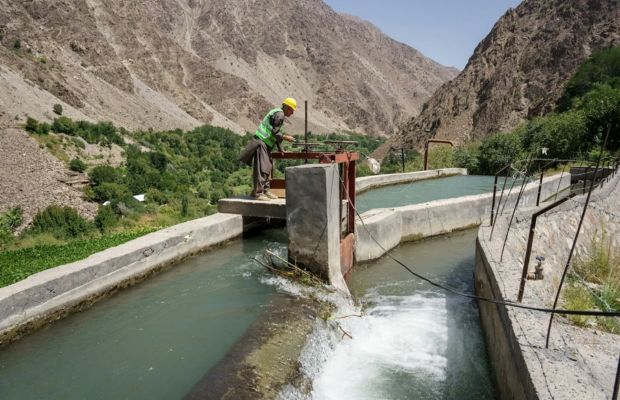With funding from the European Union (EU), the Aga Khan Foundation (AKF) has launched Energy Plus – a new program fostering a climate-resilient and low-carbon economy and society in northern Pakistan.
The €35m ($38m) program aims to improve access to clean energy for more than 350,000 people in Gilgit-Baltistan and Chitral. It will prioritize underserved communities with limited or no access to sustainable and reliable energy and those unlikely to be reached by the national electricity grid soon.
While Pakistan has made progress in increasing its electrification rate, significant disparities persist in access and reliability. All of the urban population has some level of energy access, yet reliability remains an issue. In contrast, only 54 percent of the rural population has access to energy, exacerbating environmental degradation and biodiversity losses due to heavy reliance on biomass – like firewood – from rural ecosystems as the primary energy source. Given that over half of the country’s population lives in rural areas, addressing these disparities and promoting reliable and clean energy alternatives are crucial steps towards sustainable development.
At its core, the Energy Plus program seeks to promote renewable energy solutions, enhance natural resources management, and support rural communities to build climate resilience. The program has three key outcomes, outlined below:
Enabling renewable energy transition
A sustainable transition to renewable energy will involve the establishment of increased renewable energy generation capacity (up to 3.4 MW), the optimization of electricity transmission and distribution networks, and the enhancement of access to reliable and affordable electricity for residential, public, and commercial use. Additionally, Energy Plus aims to create green economic opportunities, particularly for women and youth, through the establishment of eight renewable energy-powered technological hubs and more than 140 enterprises.
Enhancing natural resources management
Energy Plus will enhance natural resources management through the development and dissemination of improved plans for effective adaptation measures, integrating ecosystem and biodiversity management at the community level. AKF will partner with communities to plant more than 2.5 million trees in Gilgit-Baltistan and Chitral to mitigate environmental degradation, biodiversity loss, and severe deforestation.

